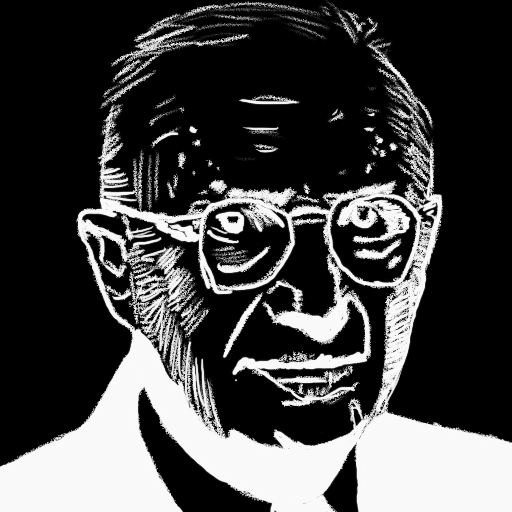The Autobiography of William Carlos Williams

This was another recommended reading from Geddes’s 20th-Century Poetry and Poetics. I admit to forgetting any of Williams’s poems that may have been printed in that book, and as none appear in the Autobiography, and the price of a copy of Paterson made me gag, I remain ignorant of the man’s work. What drew me to read his story was the mention of his being a practicing medical doctor alongside his pursuit of poetry.
I know that Bukowski held jobs—most notable his work for the U.S. Post Office—but he’d quit once the writing started paying off. So, I was keen to see how Williams’s professional life affected his craft. In that regard, the book did not disappoint. Williams is bluntly honest about his upbringing and presents a candid view of growing up at the turn of the 20th century and maturing through the World Wars and Great Depression.
Williams came from a life of privilege, one that he sustained through his medical practice. I think this is important to note, as it seems true of many of the so-called literary giants of the Western world. It’s not something that colors Williams’s story, to the point where I’m sure he didn’t consider it a factor. But certainly, his ability to spend significant amounts of time in Europe, hobnobbing with elites and luminaries of literature, played a significant role in his development as an artist.
I was most surprised by the lack of poetics discussion in the book. It’s not until chapter 50 that Williams gives a little insight in the form of a direct transcript of Charles Olson’s essay on Projective Verse. Willams then goes on to illustrate some basic theory that rings of Objectivism, and that’s it. The rest of the book is back to anecdotes about his medical practice and hanging out with Ezra Pound.
I did find a telling section in chapter 52, where Williams spends time at the artists residence retreat of Yaddo, where he was able to write “seven days a week… without a break for two weeks.”
But as Nicolas Calas, whom I was delighted to see there after so many years, told me, Where in the civilized world… could a man or woman find such kindness and freedom to work as one might please?
If it’s anything I’ve learned in the decades that I’ve attempted to produce skillful writing, it’s that more important than anything else is the space granted by being free from obligation and responsibility, and to know that the only task that lies ahead is the act of creation. For many people, this is often a state that’s never achieved.
231018